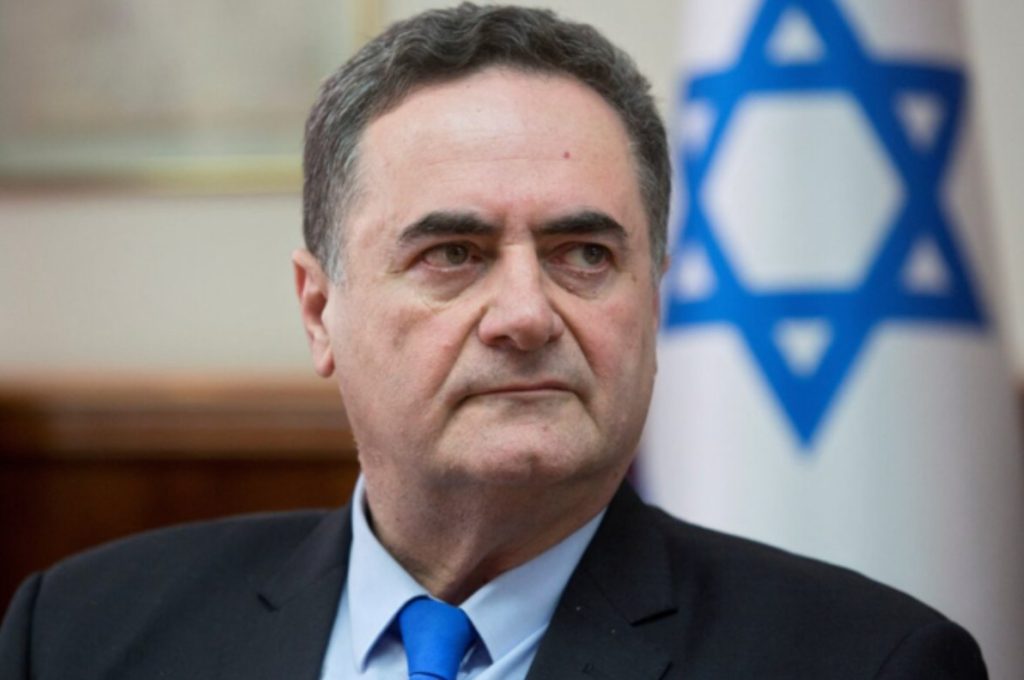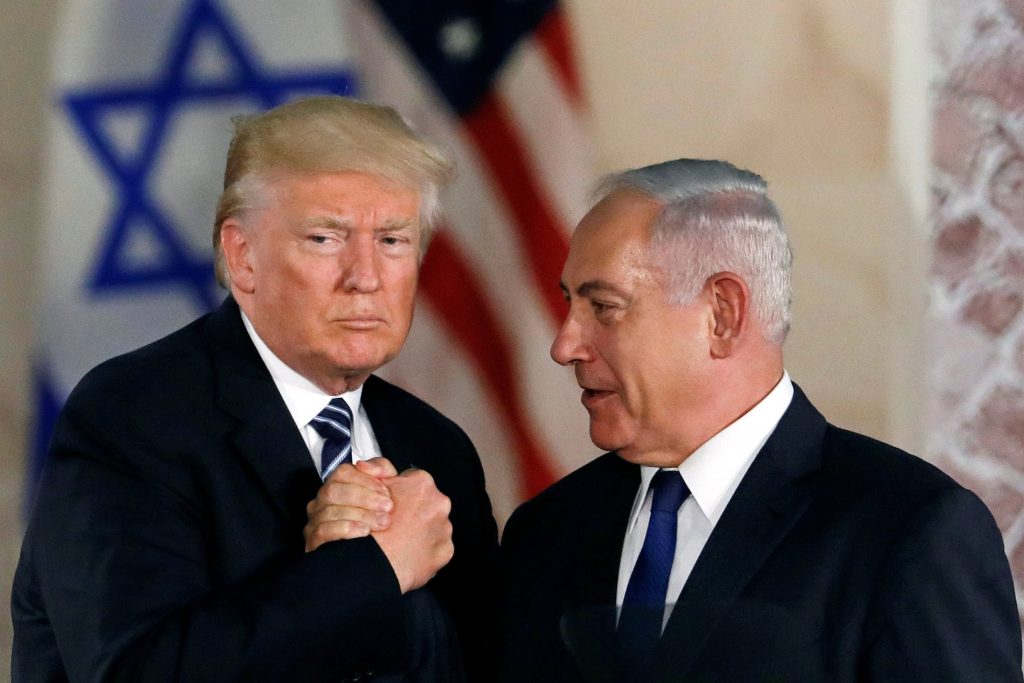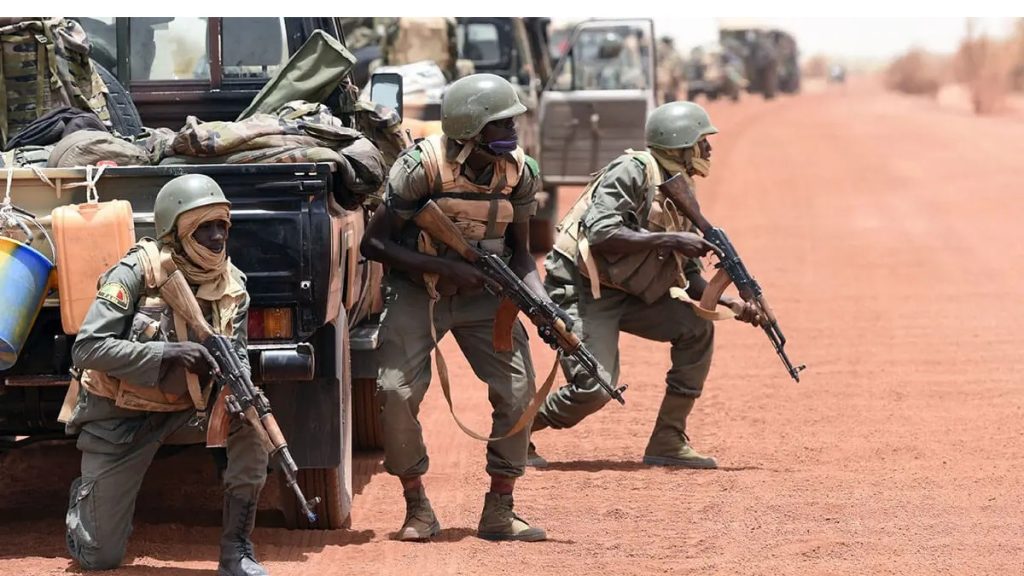Africa
UNICEF, UNFPA condemn proposed repeal of Female Genital Mutilation Law in Gambia

The United Nations Children’s Fund (UNICEF) and the United Nations High Commission for Refugees (UNHCR) have jointly condemned the mulled repeal of the Law Against Female Genital Mutilation in The Gambia by the country’s parliament.
The joint statement made available to Diaspora Digital Media reads:
“As the debate over the proposed repeal of the law banning Female Genital Mutilation (FGM) intensifies, we are deeply concerned by the potential reversal of decades of work invested in protecting the rights and dignity of women and girls.
“The proposed repeal of the ban on FGM, referred to as female circumcision in the 2015 Women’s (Amendment) Act, is a severe violation of human rights, and a setback in the global fight against gender-based violence.
“This move not only disregards the immense suffering experienced by survivors of FGM, but also undermines the progress made in raising awareness, changing attitudes, and mobilizing communities to abandon this harmful practice.
“It sends a message that the rights and dignity of girls and women are expendable, perpetuating a cycle of discrimination and violence that has no place in a just and equitable society.
“The introduction of the ban on FGM in The Gambia in 2015 represents a significant milestone in the country’s efforts to safeguard the rights and well-being of its female population, and was seen as a model of progressive legislation worldwide.
“It serves as a beacon of hope for countless girls, many without a voice, who faced the risk of undergoing this traumatic procedure, and it signalled the government’s commitment to ending the harmful practice.
“Repealing this law will set a dangerous precedent and make The Gambia the first country in the world to have stepped back from such commitments.
“The Gambia is signatory to multiple international instruments that uphold and protect the rights of women and girls. Therefore, we firmly call on the government to uphold its obligations under international human rights law and maintain the ban on FGM.
“We also urge the government to strengthen its efforts to prevent and address the practice through robust enforcement mechanisms, and targeted interventions with communities, including men and boys, as well as strengthening health services, and expanding opportunities for women and girls, to address the root causes.
“We stand in solidarity with survivors, activists, civil society organizations, faith-based organizations, and all those working tirelessly to end this human rights violation. Together, we must redouble our efforts to protect the rights and dignity of girls and women everywhere and ensure a future free from the harmful practice of FGM.”
For Diaspora Digital Media Updates click on Whatsapp, or Telegram. For eyewitness accounts/ reports/ articles, write to: citizenreports@diasporadigitalmedia.com. Follow us on X (Fomerly Twitter) or Facebook











